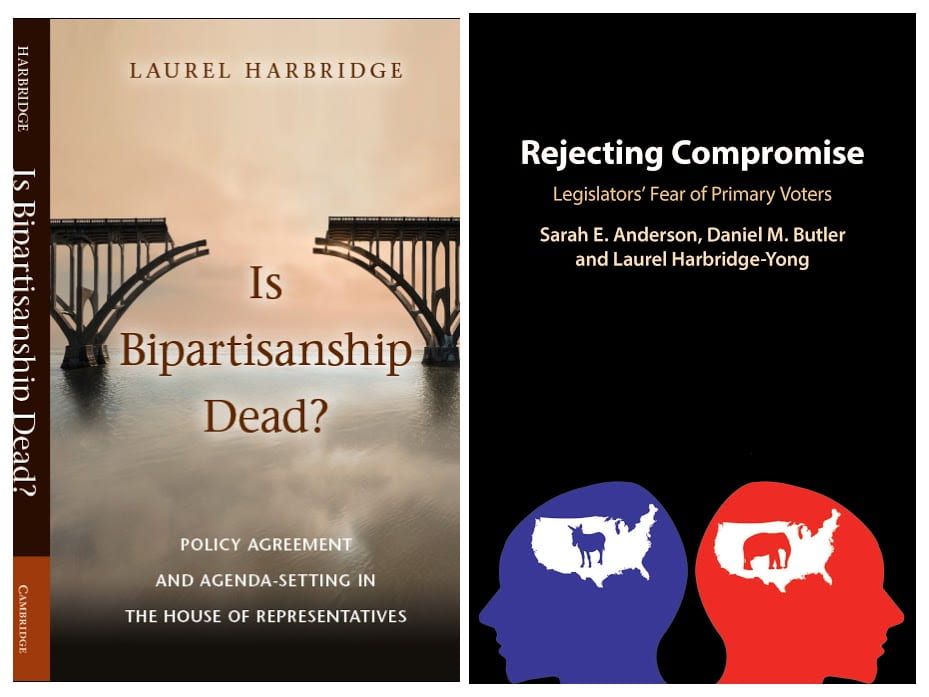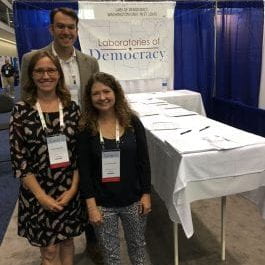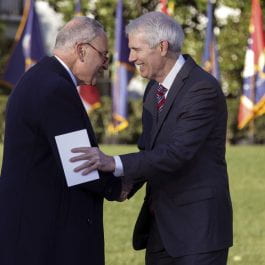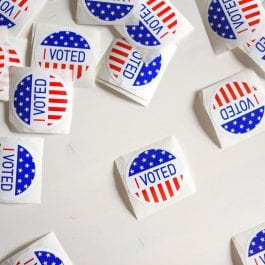
Research Overview
In contemporary American politics, political observers, the public, and even many elected officials express frustration with partisan conflict and the resulting gridlock that prevents action on pressing problems. At the same time, however, incumbent politicians continue to be reelected at high rates and primary candidates who appeal to the party’s ideological wings are often successful. These two seemingly contradictory trends highlight the need to better understand what the public wants from their elected officials, how public opinion shapes the electoral incentives of legislators, and how these incentives are reflected in members’ behavior and the legislative process. My research explores these questions with a core focus on legislators’ incentives to engage in bipartisanship and compromise. In this work, I leverage observational data, surveys of the public and elected officials, and survey experiments. Below are some of the questions I have explored in my recent research. A new line of research explores the rising trend in threats and violence against elected officials.
Research Questions

(Photo by Cytonn Photography/Unsplash)
To what extent does the American public value bipartisanship and compromise?

(Photo by Harbridge-Yong)
Why do elected officials reject compromises even if the result is gridlock?

(Photo by Alex Wong/Getty Images)
Can bipartisanship boost legislators’ effectiveness at advancing their policy goals even during an era of polarization and party conflict?

(Photo by Element5/Unsplash)
Why are legislators more responsive to primary election voters?
